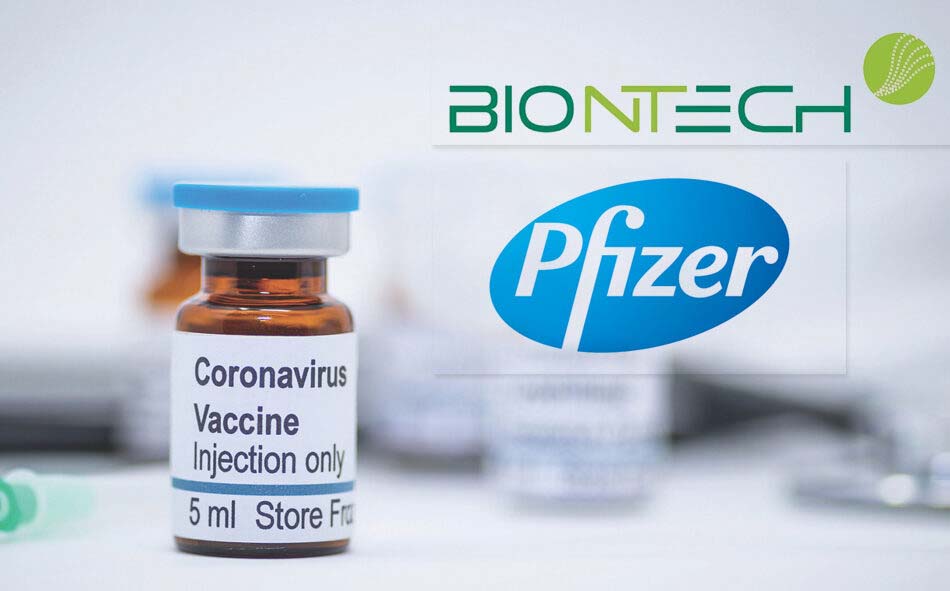South Korean Study Finds COVID-19 Vaccines May Increase Cancer Risk Within a Year
Nikhil Prasad Fact checked by:Thailand Medical News Team Oct 18, 2025 1 month, 4 weeks, 1 day, 1 hour, 5 minutes ago
Medical News: A large-scale study from South Korea has raised serious concerns that COVID-19 vaccines may be linked to an increased risk of developing certain cancers within a year after vaccination. The research, conducted by scientists from Ewha Womans University Mokdong Hospital, Ewha Womans University Seoul Hospital, and the Kyung-in Regional Military Manpower Administration, analyzed national health data from more than 8.4 million individuals collected between 2021 and 2023.
 South Korean Study Finds COVID-19 Vaccines May Increase Cancer Risk Within a Year
South Korean Study Finds COVID-19 Vaccines May Increase Cancer Risk Within a Year
The team, led by Dr. Eun Mi Chun, Dr. Hong Jin Kim, and Dr. Min-Ho Kim, found that vaccinated individuals had a significantly higher risk of developing thyroid, gastric, colorectal, lung, breast, and prostate cancers compared to those who were unvaccinated. According to this
Medical News report, the findings point to possible associations between vaccine type, age, sex, and specific cancer risks, suggesting that different COVID-19 vaccine formulations may influence cancer development differently.
How the Study Was Conducted
The study used the Korean National Health Insurance database, encompassing data from 8,407,849 people. Using advanced statistical matching, researchers compared 595,007 vaccinated individuals to 2,380,028 unvaccinated controls, ensuring the two groups were as similar as possible in terms of health and demographics. They also analyzed differences between those who received booster doses and those who did not.
Results showed a consistent increase in cancer risk one year after vaccination. Thyroid cancer risk rose by 35 percent, gastric cancer by 34 percent, colorectal cancer by 28 percent, lung cancer by 53 percent, breast cancer by nearly 20 percent, and prostate cancer by an alarming 69 percent. These hazard ratios were calculated after adjusting for multiple health and demographic factors.
Vaccine Type and Demographic Differences
When categorized by vaccine type, cDNA-based vaccines were linked to higher risks of thyroid, gastric, colorectal, lung, and prostate cancers. In contrast, mRNA-based vaccines were associated with increased risks of thyroid, colorectal, lung, and breast cancers. Interestingly, heterologous (mixed-type) vaccinations appeared to heighten the risks of thyroid and breast cancers.
Gender and age also played a role. Men showed greater vulnerability to gastric and lung cancers, while women were more prone to thyroid and colorectal cancers after vaccination. Younger individuals under 65 were more likely to develop thyroid and breast cancers, whereas older adults above 75 had a higher incidence of prostate cancer.
Booster Shots and Additional Risks
The study also examined the impact of booster shots. Data indicated that booster doses might further increase the risks of certain cancers, including gastric and pancreatic cancers. The researchers suggested that repeated antigen exposure could lead to heightened immune activity or inflammation, potentially contributing to thes
e cancer developments.
Need for Further Research
The authors cautioned that while their findings highlight worrying associations, more research is needed to determine whether there is a direct causal relationship between vaccination and cancer onset. They emphasized the importance of continued monitoring and independent follow-up studies to better understand whether certain groups face higher risks based on vaccine type or dosage frequency.
Conclusion
This groundbreaking South Korean research provides the first large-scale epidemiological evidence suggesting that COVID-19 vaccination could be associated with a higher risk of several cancers within one year. Although causation has not been proven, the results indicate the urgent need for further molecular and clinical studies. The findings underscore the complexity of vaccine safety and the importance of long-term surveillance for potential post-vaccination effects. Public health authorities and medical professionals must remain transparent and vigilant while assessing vaccine safety to maintain public trust and prevent unforeseen consequences.
The study findings were published in the peer-reviewed journal: Biomarker Research.
https://biomarkerres.biomedcentral.com/articles/10.1186/s40364-025-00831-w
For the latest on COVID-19 Vaccines, keep on logging to Thailand
Medical News.
Read Also:
https://www.thailandmedical.news/articles/vaccine-news
